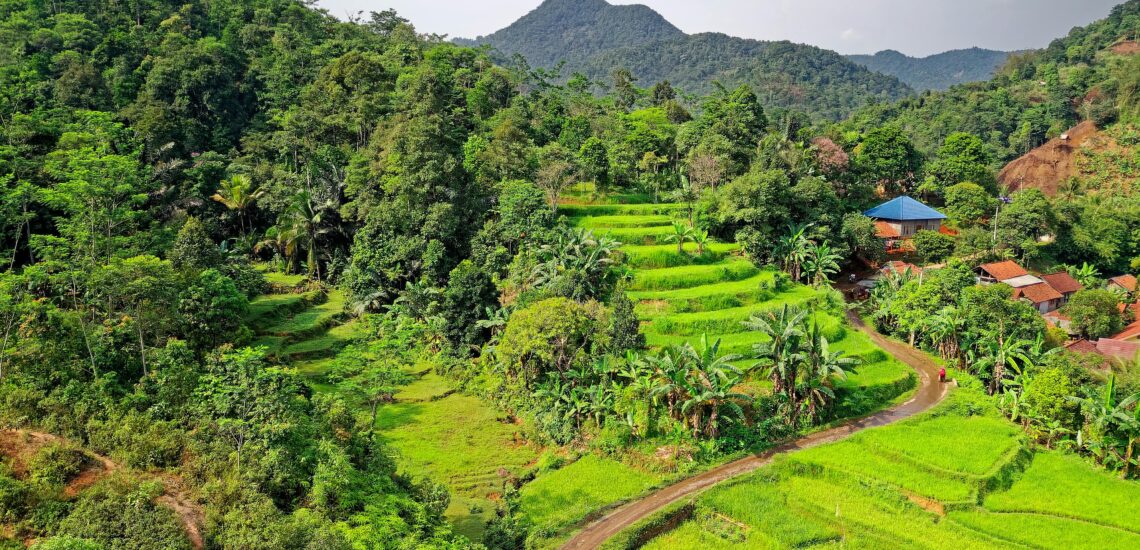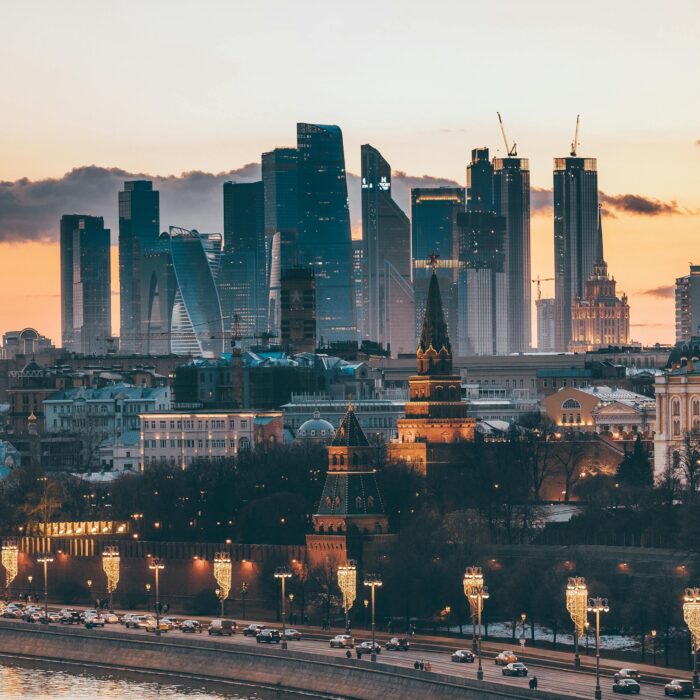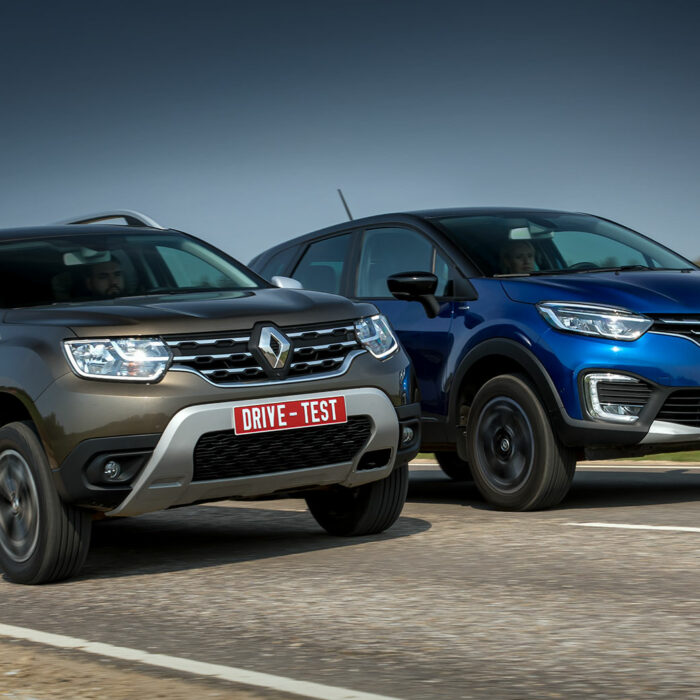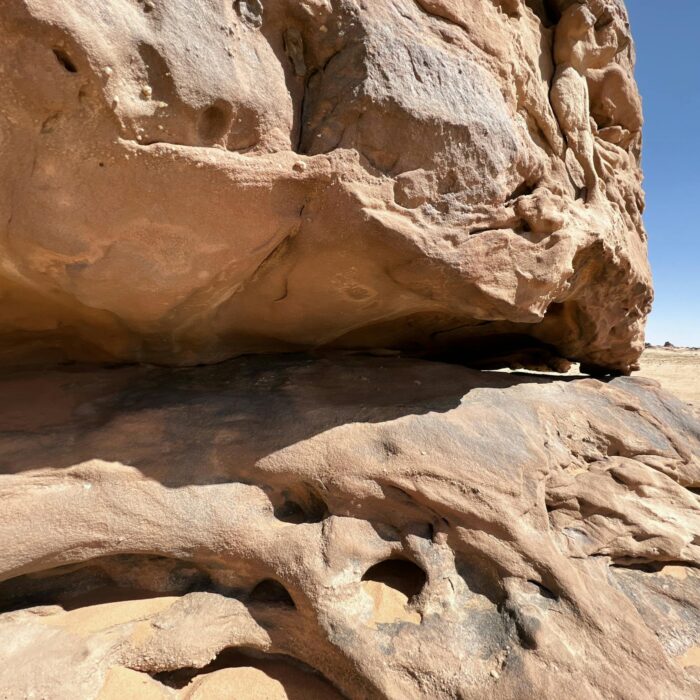Quick facts about Indonesia:
- Population: Indonesia is home to over 270 million people, making it the fourth most populous country globally.
- Official Languages: The official languages of Indonesia are Bahasa Indonesia and various regional languages.
- Capital: Jakarta serves as the capital city of Indonesia.
- Government: Indonesia operates as a presidential republic with a multi-party political system.
- Currency: The official currency of Indonesia is the Indonesian Rupiah (IDR).
1 Fact: Indonesia is a large and multicultural country
Indonesia, an expansive archipelago of over 17,000 islands, is home to a diverse population exceeding 270 million. With rich cultural tapestries and traditions, the country is renowned for its linguistic diversity, boasting more than 700 languages. Bahasa Indonesia, the official language, harmonizes with various regional languages, creating a vibrant mosaic of ethnicities and ways of life. This multifaceted blend positions Indonesia among the world’s most culturally and linguistically diverse nations.
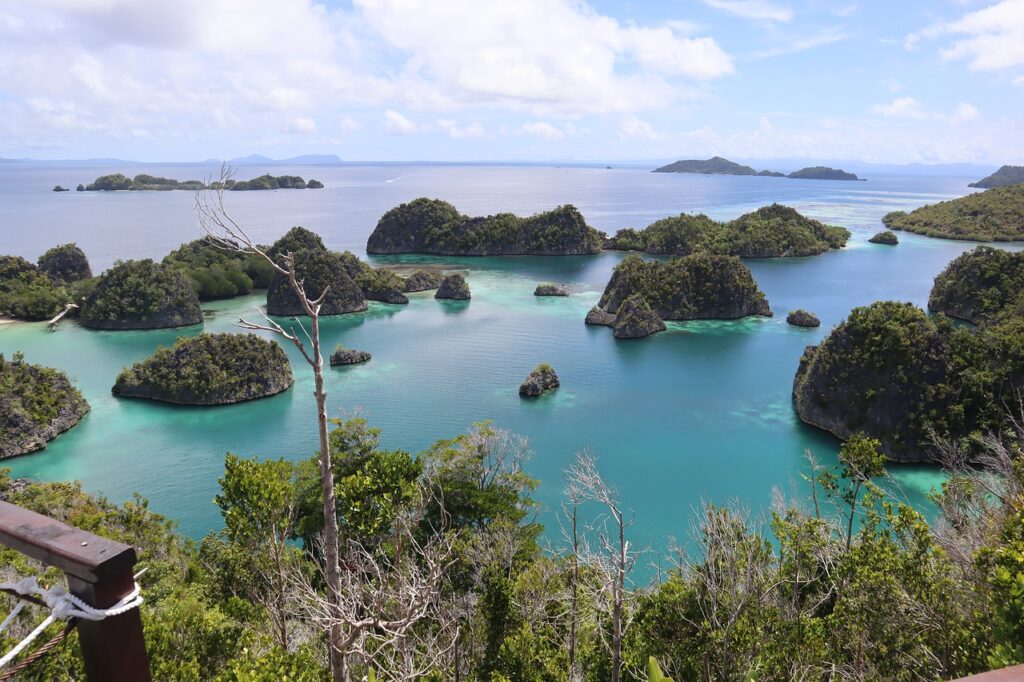
2 Fact: Indonesia is largely an Islamic country
Indonesia is predominantly an Islamic country, with Islam being the predominant religion. It is the largest Muslim-majority nation globally, and the majority of the population adheres to Islam. However, Indonesia is known for its religious diversity, with significant communities of Christians, Hindus, and Buddhists coexisting alongside the Muslim majority. This religious diversity is a characteristic feature of Indonesia’s cultural landscape, contributing to the nation’s pluralistic and tolerant ethos.
3 Fact: The famous and popular island of Bali is located in Indonesia
Bali, an Indonesian gem, captivates with its stunning beaches and rich culture. Welcoming millions annually, Bali’s popularity is evident in its 6.3 million tourist arrivals in 2019 (Before the pandemic COVID-19.). The island’s allure lies in its Hindu-influenced traditions, vibrant ceremonies, and diverse activities, making it a top destination for a blend of relaxation and cultural exploration.
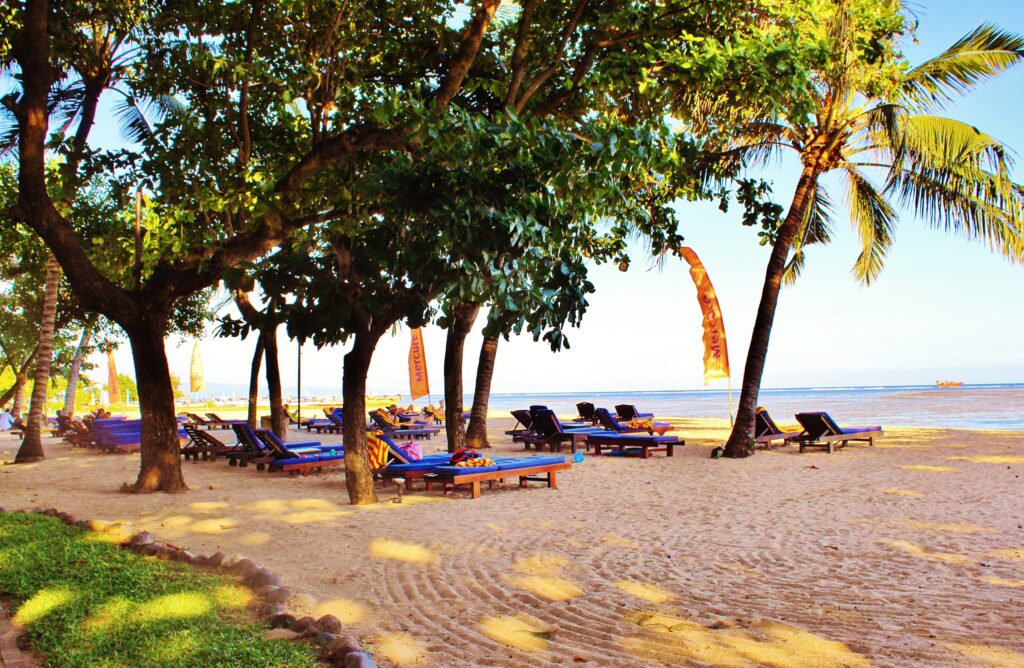
4 Fact: Indonesia has the most volcanoes and they erupt frequently
Indonesia is home to the most active volcanoes globally, with over 130 volcanoes, and eruptions are relatively frequent. This dynamic volcanic activity is a consequence of the country’s location on the Pacific Ring of Fire, where several tectonic plates meet. While some eruptions are minor and routine, others can have more significant impacts on local communities and the environment. Indonesia’s volcanic landscapes, although posing challenges, contribute to the country’s geological diversity and fertile soils.
5 Fact: Indonesia has more than 100 endangered species of animal life
Indonesia harbors over 100 endangered species, reflecting its incredible biodiversity and the challenges faced by its unique ecosystems. This diverse range of endangered species includes iconic animals such as the Sumatran orangutan, Javan rhinoceros, and Sumatran tiger. Conservation efforts are crucial to protecting these species and preserving Indonesia’s rich natural heritage, which spans tropical rainforests, coral reefs, and various ecosystems.
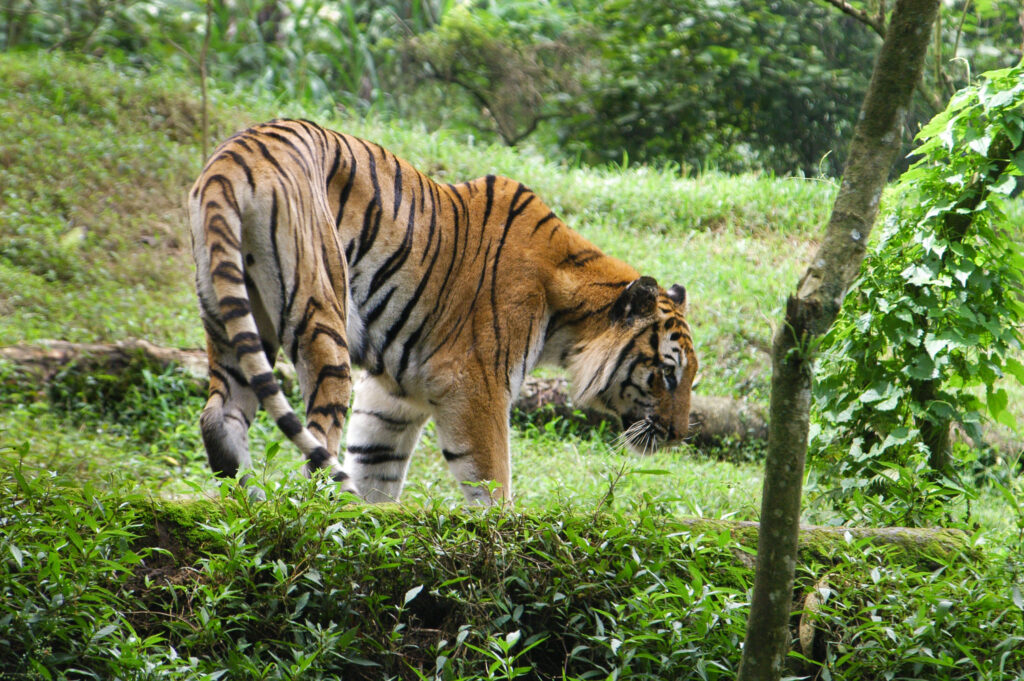
6 Fact: Indonesia has the largest Buddhist temple in the world
Indonesia is home to the largest Buddhist temple globally, Borobudur. Situated in Central Java, this ancient marvel dates back to the 9th century and stands as a UNESCO World Heritage site. With its nine stacked platforms and intricate carvings, Borobudur is a cultural and architectural masterpiece, drawing visitors from around the world to witness its historical and spiritual significance.
7 Fact: Indonesia has the largest gold mine
Indonesia hosts the largest gold mine globally, Grasberg, located in Papua province. Operated by Freeport-McMoRan, the Grasberg mine is not only a significant source of gold but also produces copper. Its vast scale and mineral wealth contribute to Indonesia’s position as a key player in the global mining industry.
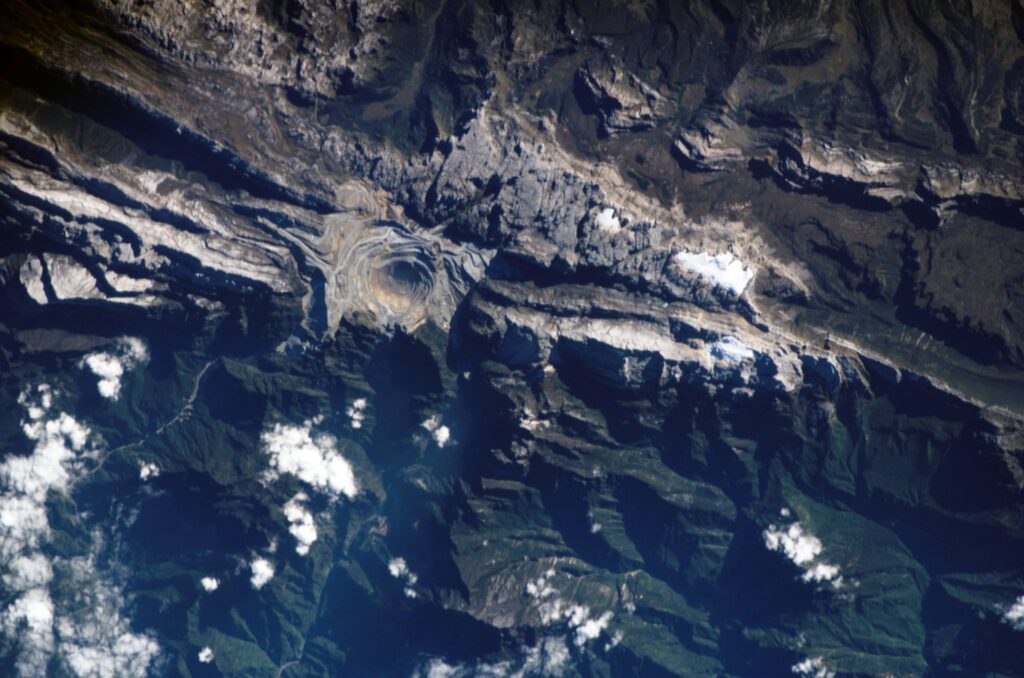
8 Fact: Indonesia is the largest producer of palm oil
The country’s extensive palm oil plantations contribute significantly to the world’s supply of this versatile and widely used vegetable oil. While palm oil is a vital economic commodity for Indonesia, its production has raised environmental concerns, particularly related to deforestation and biodiversity loss. Efforts are underway to promote sustainable practices in the palm oil industry to balance economic benefits with environmental conservation.
9 Fact: Because of its size and islands, water transportation is very developed in Indonesia
Ferries, boats, and ships serve as essential modes of transport, facilitating the movement of people and goods between islands. Indonesia’s reliance on water transportation highlights the significance of its maritime infrastructure in connecting diverse regions and fostering economic activities throughout the archipelago.
Note: If you plan to drive, check if you need an International Driver’s License in Indonesia before traveling.
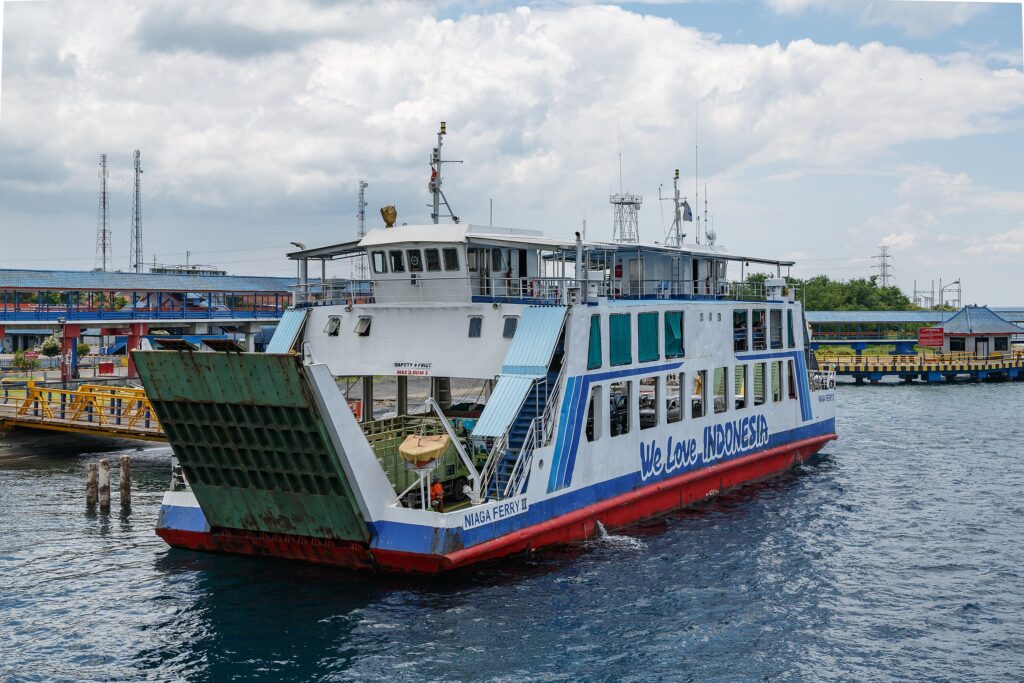
10 Fact: Indonesians are very superstitious
Superstition is prevalent in Indonesian culture. Many Indonesians hold beliefs in mystical forces, spirits, and traditional practices rooted in their cultural and religious diversity. From observing specific rituals to seeking guidance from spiritual leaders, superstitions play a significant role in daily life. These beliefs often intertwine with religious practices, blending aspects of Islam, Hinduism, and indigenous spiritual traditions.

Published December 24, 2023 • 5m to read

